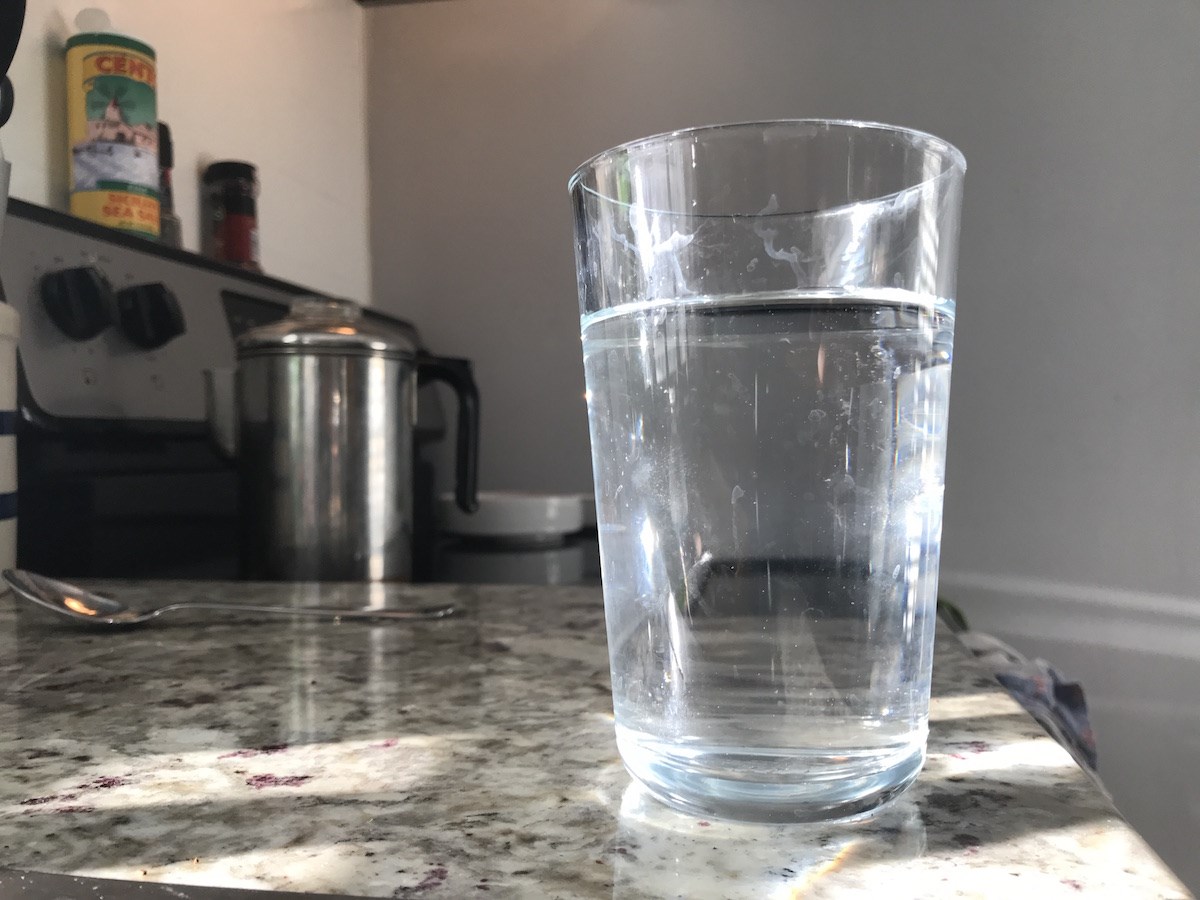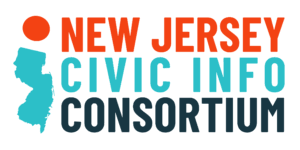The Hopewell Borough Council held a special Town Hall public meeting on Monday, May 13 to discuss the potential sale of the Borough’s water system. In front of a packed house, the Council explained the dire circumstance and fielded questions from the public, both in-person and online via Zoom. All told, more than 100 residents gathered for the meeting.
Although the issues of selling the water system and rising rates for 2024 are intertwined, this Town Hall was specifically focused on the potential sale. This Town Hall was planned solely to help the public understand the Borough’s position on selling the Borough’s water infrastructure.
The Borough has this page dedicated to the water system: https://www.hopewellboro-nj.us/water/
Traditional vs WIPA
In New Jersey, the traditional process for a municipality to sell anything is known as “Request for Bids/Request for Quotes”, or RFB/RFQ. This process constrains the government to accept qualified bids, does not allow for much negotiation, and requires a referendum. In 2015, New Jersey passed the Water Infrastructure Information Act (WIPA), giving towns a second option.
WIPA allows municipalities with fewer than 270,000 residents to sell or lease their water systems without a referendum as long as “emergent conditions” exist. The legislation identifies five emergent conditions, of which a town must establish at least one.
The Town Hall meeting was called not only to provide the public with the chance to interface with Borough Council, but also for Council to vote on whether at least one emergent condition exists. If so, the Borough would enter into the WIPA process to explore the sale of its water system. Mayor Ryan Kennedy assured that during the (at least) year-long process,, “no stone will be left unturned” when it comes to determining the best course of action—sale or not.
Council’s decision and next steps
By the end of the three-hour meeting, Council voted unanimously to begin the WIPA process. Throughout the meeting, Council emphasized that entering the WIPA process does not obligate the Borough to follow through on a sale. Indeed, if the Borough does not like any of the bids, it can reject them and, then, either start over or exit the process altogether.
As Borough Attorney Lisa Maddox stressed during her presentation, the WIPA process “allows towns flexibility” that the traditional method does not. If a governing body moves and votes that at least one emergent condition exists, the process goes to the NJ Department of Environmental Protection for approval. Once given, this triggers an important step in the WIPA process.
Public concerns
Against this backdrop, residents remained concerned, if not open-minded. When asked about possibly leasing the system to a private company, the representative from Phoenix Advisors, whom Council contracted with for a lengthy financial report on the feasibility and benefits of a sale, indicated that companies are not in the market for leasing infrastructure. Later in the meeting, other experts agreed that leasing does not fit within most companies’ business models.
“Can’t our town figure out a way to do this [ourselves]?” asked David Walden during the first public comment period. A longtime Borough resident who also owned a business in Lambertville, Walden referred to that town’s sale in disastrous terms. His disappointment palpable, it mirrored the sentiment of many in attendance that Hopewell’s failing water system and present proposal are the result of years of missteps, at best and, at worst, gross negligence.
David Mackie, a longtime member of the Council and DPW liaison, acknowledged past and present struggles and provided a detailed history of the Borough’s water system. Issues discussed included ever-changing federal water quality mandates, rising costs for parts and equipment, a small labor force, and bad luck. Mackie’s presentation, filled with thorough slides and graphics, provided a cogent background on the history of the Borough’s water system. He explained that even if the Borough ran on all wells without hidden leaks, the Borough may still be in the same situation it finds itself in for a variety of reasons. For example, within a couple of years, the federal government will enforce new guidelines for PFOS contaminants, going from 70ppt (parts per trillion) down to 4ppt, a decrease of more than 94%. These new guidelines must be adhered to regardless of a town’s size, financial resources, and other considerations.
Emergent conditions identified
These and other factors, Council agreed, provide clear and convincing evidence that the Borough’s system meets at least three of the emergent conditions outlined by the WIPA law:
- There is a present deficiency or violation of maximum contaminant levels established pursuant to the Safe Drinking Water Act, N.J.S.A. 58:12A-1 et seq.,
- There is a demonstrated lack of historical investment, repair, or sustainable maintenance. as determined by the Department, or material damage to the infrastructure of the system
- The system lack the financial, technical, or managerial capacity to adequately address any of the foregoing on a sustainable basis or own and operate the system in a way that supports economic activity in the municipality on a sustainable basis
Public reaction
At the second public comment period, the floodgates were opened. Attendees, both in-person and on-screen, raised the issue of rates. Although technically not part of the official agenda, it proved difficult, at times, for residents to ignore the skyrocketing bills for which Hopewell Borough residents are in store. While avoiding direct criticism of a possible sale, resident Phoenix Nutter pointed out the Borough is home to “people who struggle” financially, and that the income disparity is “wider than is obvious.”
Moving forward
The Town Hall lasted more than three hours. Shortly after 10pm, Kennedy acknowledged the present circumstances as “really challenging” and sought to assuage suspicions that Council has anything but the best interests of the Borough and its residents in mind.
“We are only at the beginning to decide what is best for our community,” Mayor Kennedy said before offering a parting commitment that Council will be “as public as possible” moving forward. Not only are there public reporting requirements, the Borough has already created a special section of its website for residents to remain aware of the process.
As it stands, Borough Council voted to agree with reports by Phoenix Advisors and Boswell Engineering, as well as the testimony provided by Mackie, DPW staff, and other experts, and affirm the existence of emergent conditions, officially entering the WIPA process for the sale of its water system.
Council’s decision now goes to the NJDEP for approval which, if given, will be publicly posted according to the law.
At that point, Borough residents will have 45 days to force a referendum.








